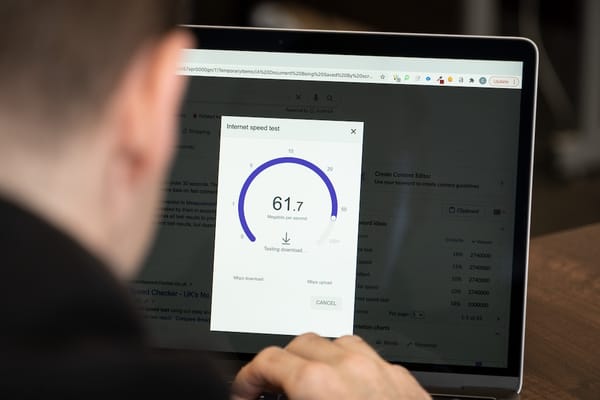
FCC
FCC is Looking to Update its Definition of Broadband
The commission would increase its standard to 100 * 20 Mbps.

FCC
The commission would increase its standard to 100 * 20 Mbps.
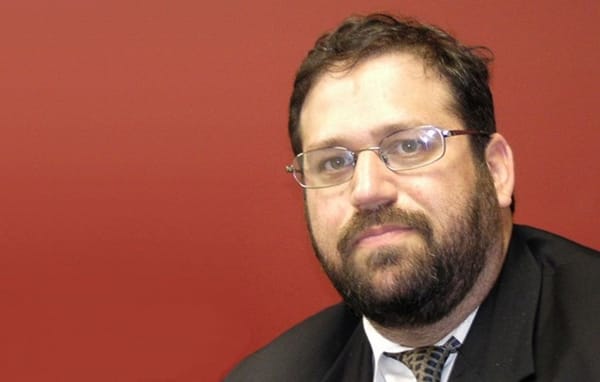
Communications Act.
Title II would require VoIP services to be subject to stronger regulations already in place for telecommunication providers.
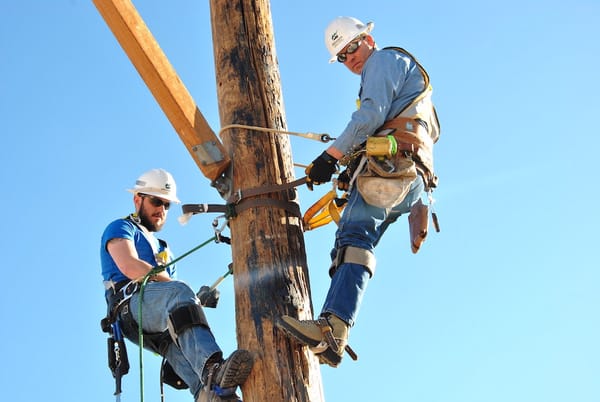
FCC
Revising its pole replacement rules may give providers quicker access to poles in communities for deploying high-speed broadband.
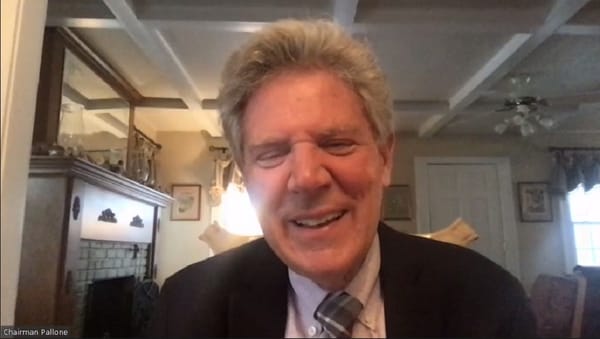
Energy and Commerce
February 10, 2021— House Energy and Commerce Committee Chairman Frank Pallone, D-N.J., said the committee he heads will be focusing on broadband expansion, affordability and adoption. He said that the committee will focus on three primary goals: Universal broadband, particularly insofar that inner-c
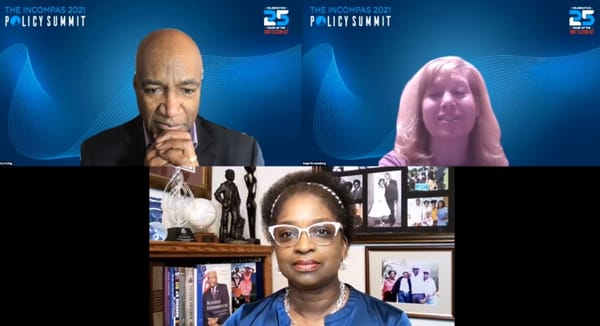
FCC
February 8, 2021—The former head of the National Telecommunications Infrastructure Administration is recommending the government expand the E-Rate subsidy program, which provides discounts to access the internet, to households. The current version of the legislation only allows for the E-Rate progra
FCC
WASHINGTON, January 20, 2011 – After 15 years of explosive growth and innovation in telecommunications since the last major revision, the 112th Congress is faced with the question of whether the law is keeping up with technology. On Tuesday, our panelists discussed whether Congress should consider a
FCC
I think the FCC has to look back at how Broadband proliferation occurred from its beginnings to understand how to move it forward today. By researching and studying The Cable Communications Act of 1984, the Cable Television Consumer Protection and Competition Act of 1992, , and the Telecommunication